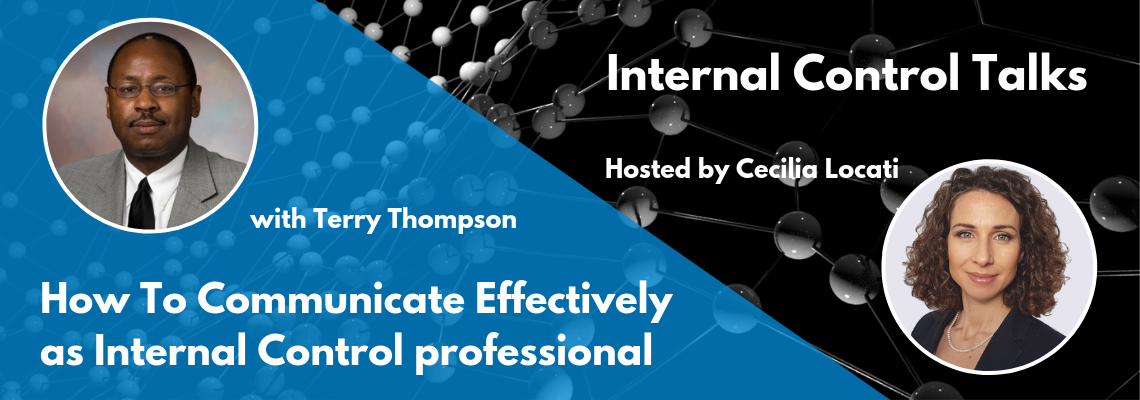Missed deadlines, time-consuming back and forth emails, heated meetings, misunderstandings and frustrations are very common in the workplace.
They often come down to one root cause. At a certain point, the communication went wrong (…or really wrong).
I still remember a time when I sat in a meeting where a Head of Finance thought that all the control deficiencies were remediated while his team somehow understood that they could work on solving these issues next year, as they were low priority. A couple of weeks later that resulted in an adverse audit opinion.
Communicating effectively is a crucial skill for the internal control professional. And it is also a critical component of effective stakeholder engagement.
In fact, the fastest way to lose your audience attention is to communicate poorly. Not only is not effective in getting your message across but it also reflects badly on you. You will look like you don’t know what you are trying to achieve.
So, what can you do to communicate effectively?
The single most significant thing you can do is to be intentional.
We often take communication for granted. Therefore, it is not planned.
We spend days to plan the internal control assessment… but we fail to think ahead about different elements of the communication process in advance of a crucial meeting. For example, how to deliver key messages, what is the best place to hold the meeting or which words are most appropriate to be used to explain multiple internal control failures.
Communication can be break down in two major components: listen and be listened to.
In this episode of Internal Control Talks my guest, Terry Thompson, shares lots of very practical tips to be a great listener and to be listened to by your stakeholders.
Terry is a Risks & Controls consultant with over 30 years of experience in Internal Audit, Controls and Compliance. He has extensive experience in communicating to a range of different internal and external stakeholders. From fellow risks and controls professionals, to Board Members. From technical subject matters to Audit Committees.
In the interview, Terry talks about:
- How to establish an environment conducive to listening
- Why interrupting a speaker might actually be a good idea
- 17 bulletproof ways to be listened to
- How to deliver difficult messages without coming across as accusatory
- How to use role play to communicate effectively
- Two sure ways to improve your communication skills
Watch the episode NOW – and learn new ways to communicate more effectively.
Now, we would love to hear about your experience.
What techniques do you use to communicate effectively?
What new tips to communicate effectively have you learned?
Leave a comment below and let us know. Your experience might help other internal control professionals to have a meaningful breakthrough on new ways they can improve their communication skills.


Adolfo Labarca Leiva
“Communicating effectively is a crucial skill for the internal control professional.”.
That’s True! How many times in my work we loosed a great assessment and evaluations due to bad communication. A big findings crushed by wrong speech.
I think is extremely urgent that universities (in case of students) and leaders (for professionals) begin the processes with that issue in first place.
Cecilia Locati
That’s right Adolfo. The way we deliver messages is extremely critical to achieve success. Acquiring communication skills should be an ongoing focus for leaders and professionals and can be done in so many different ways (live training, books, observation of successful communicators…)! The best risk and control professionals I met through my career are indeed master communicators. I hope that you found the podcast useful in that sense.